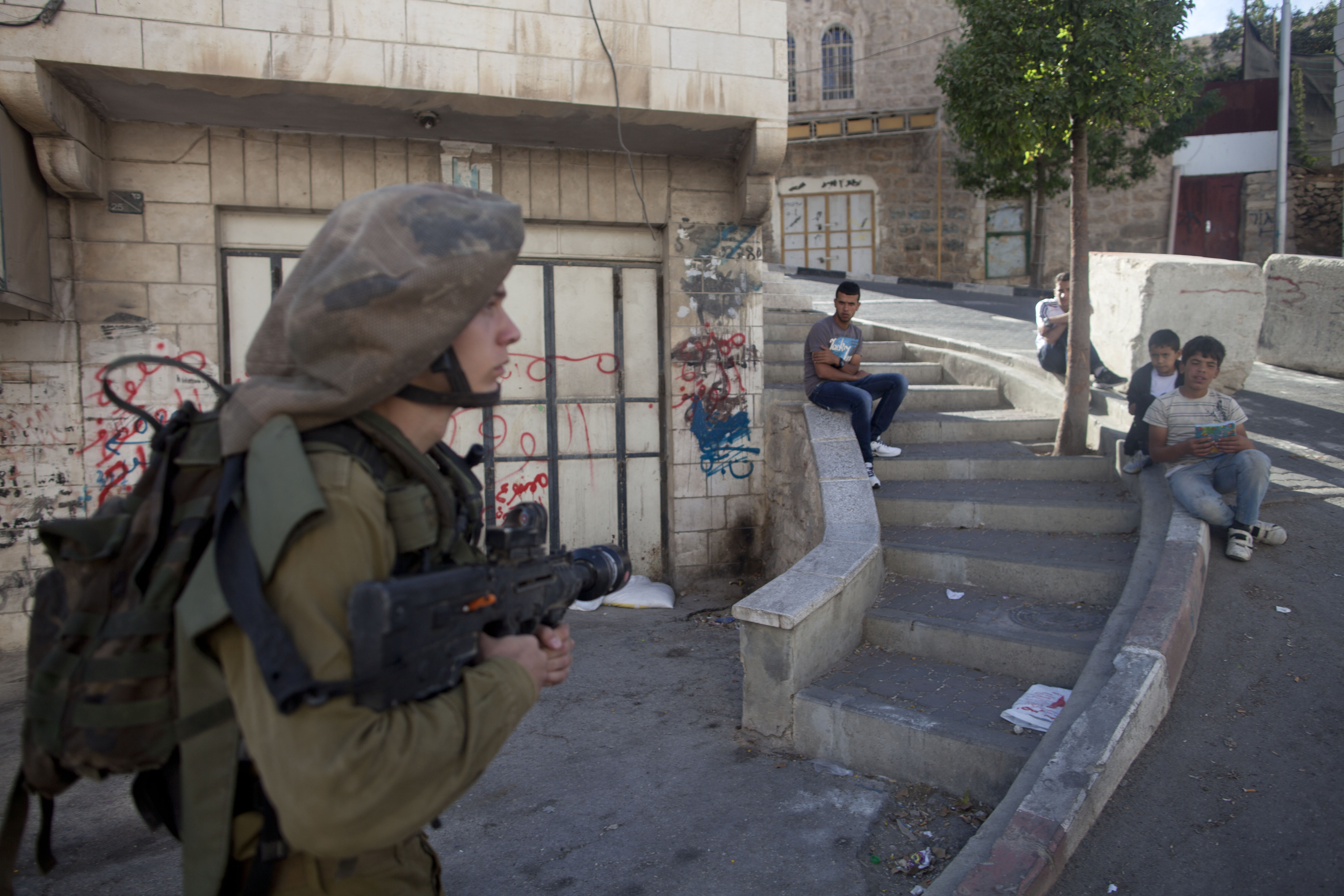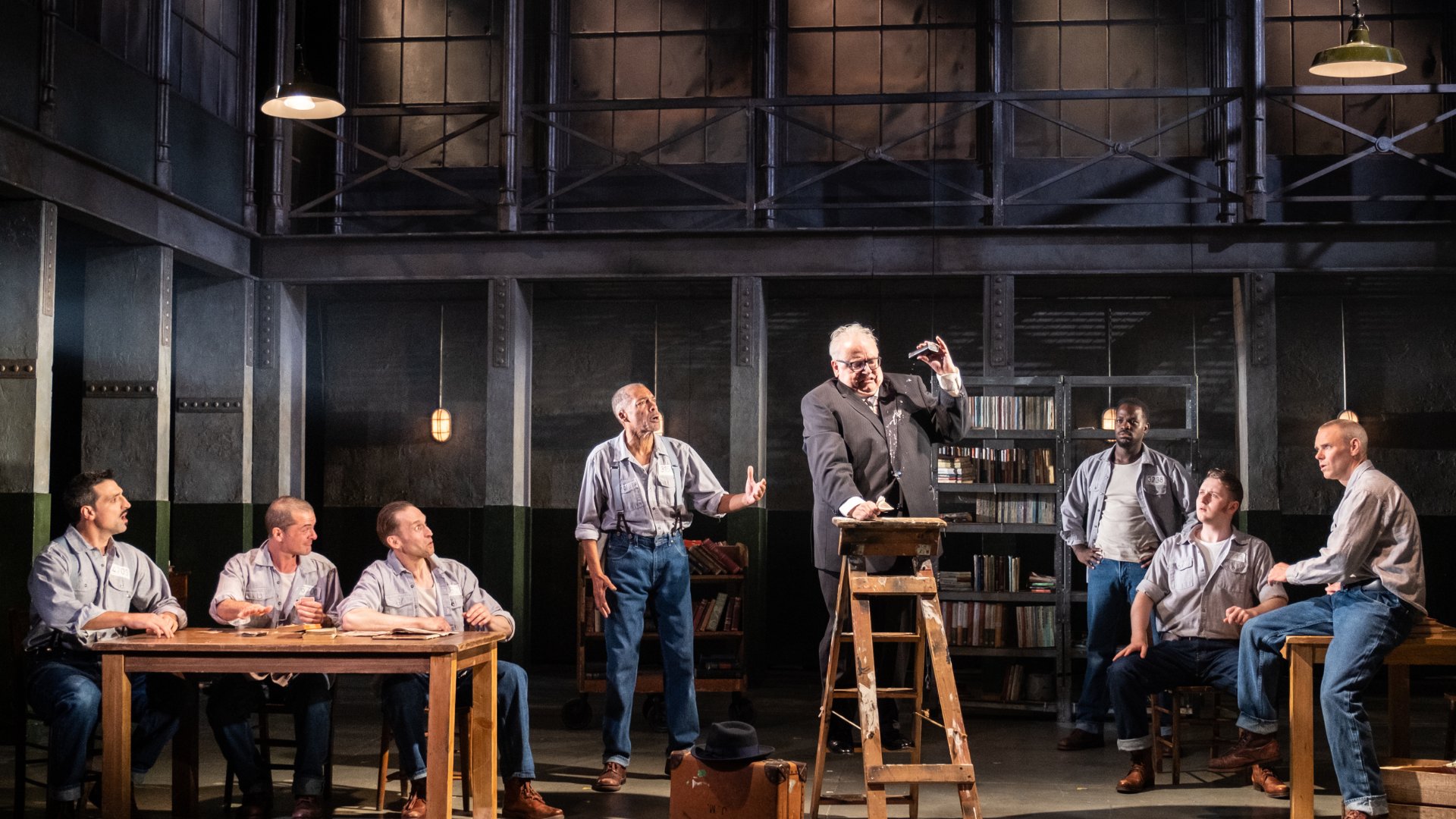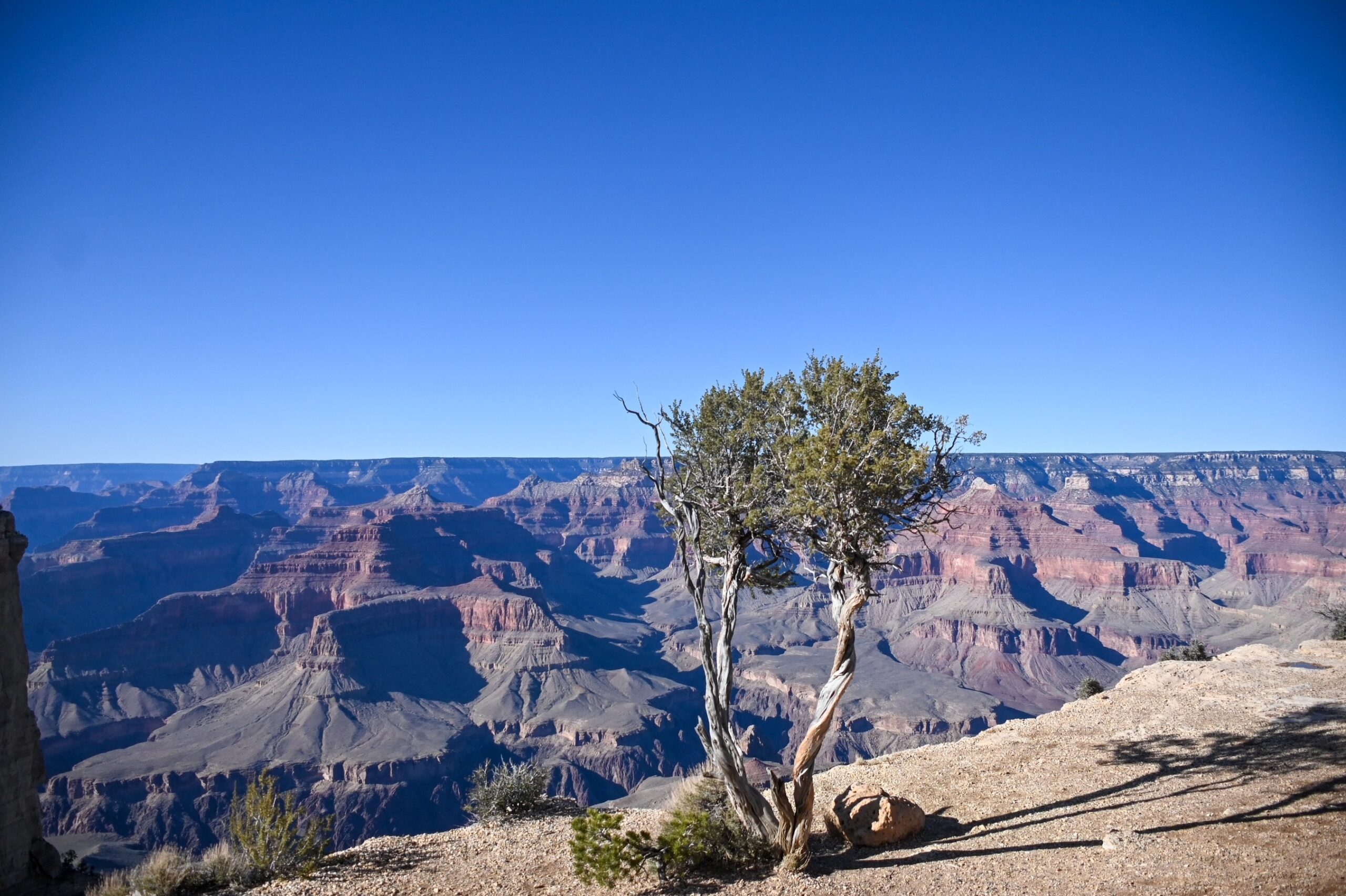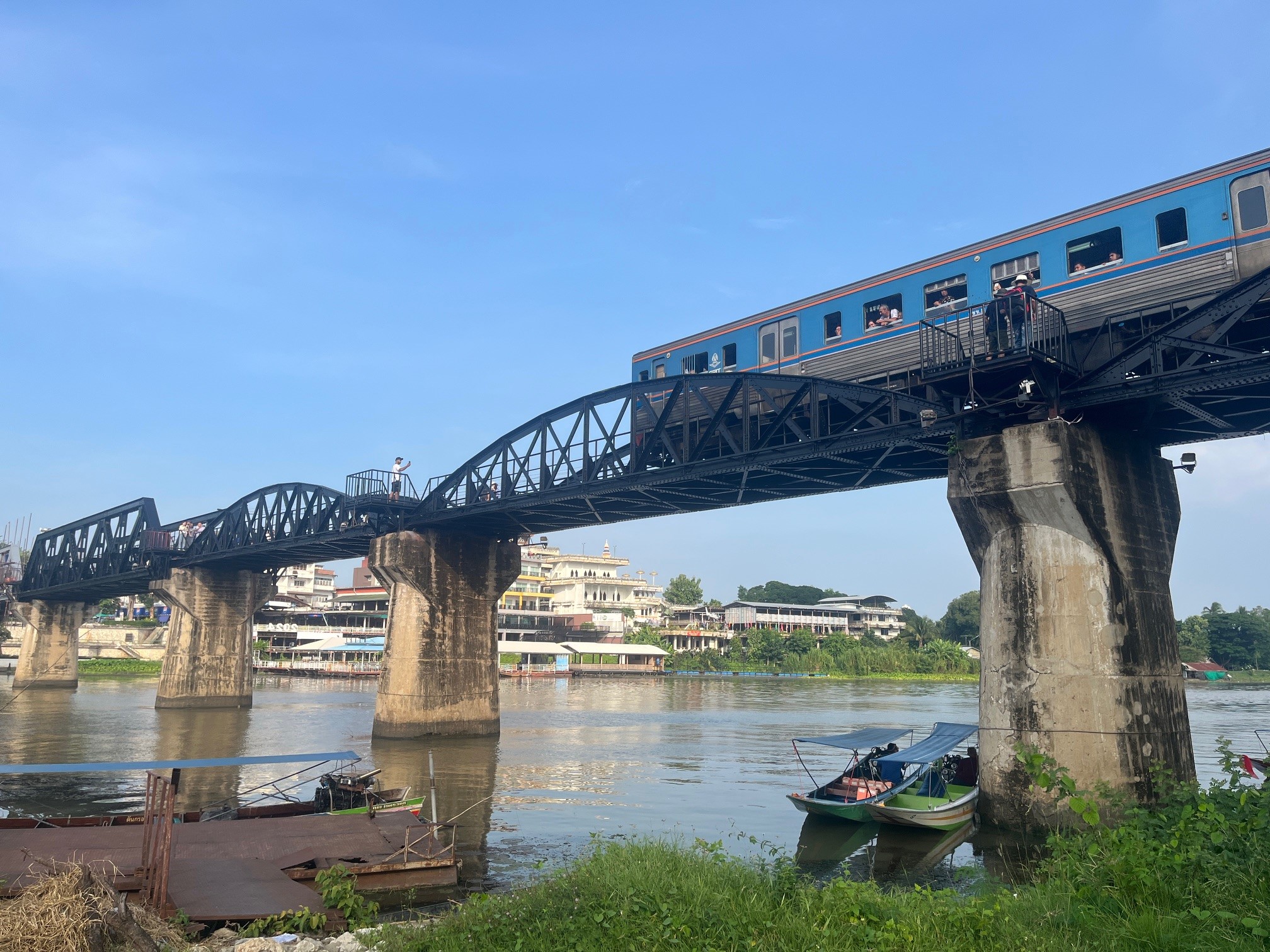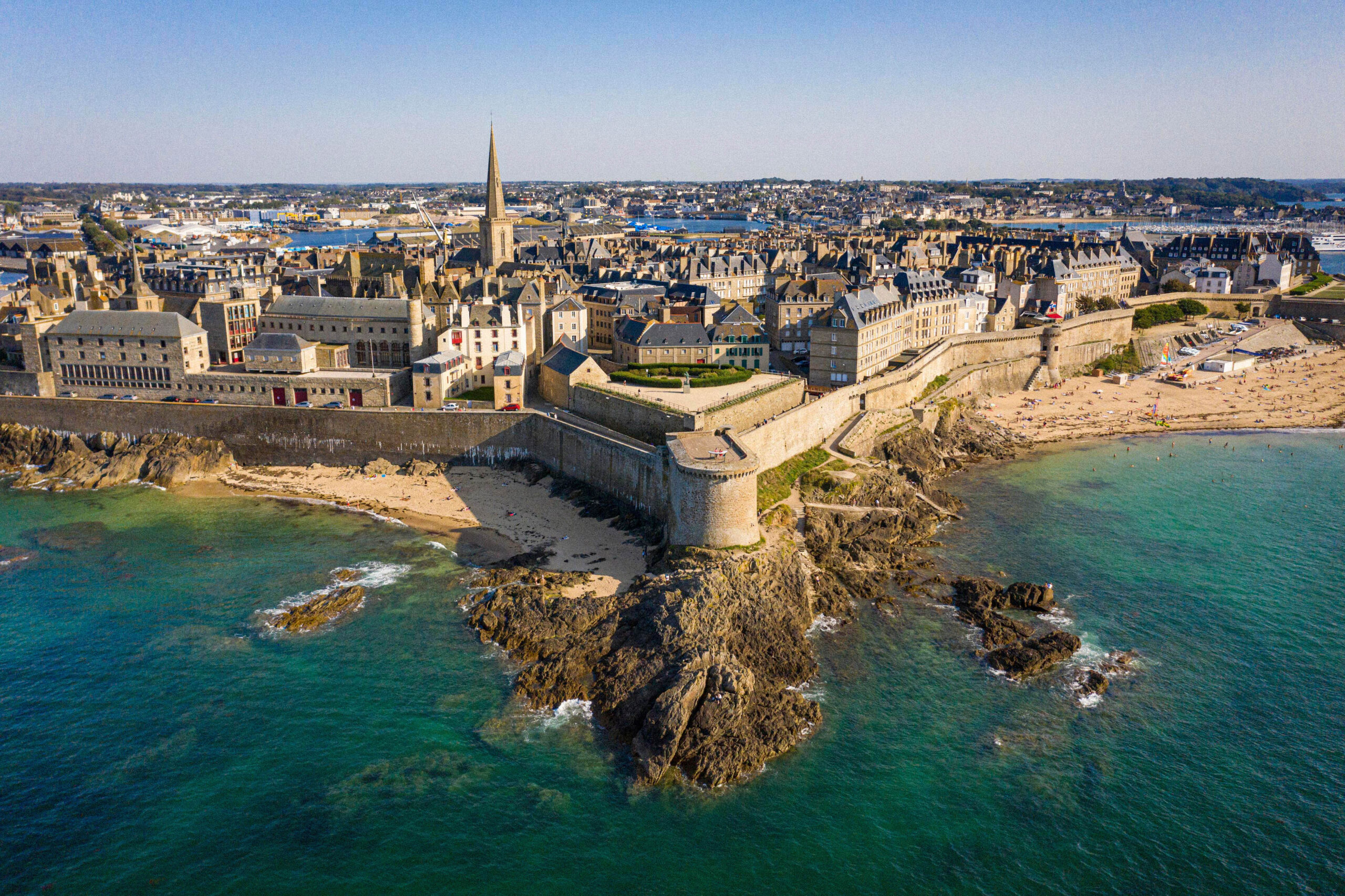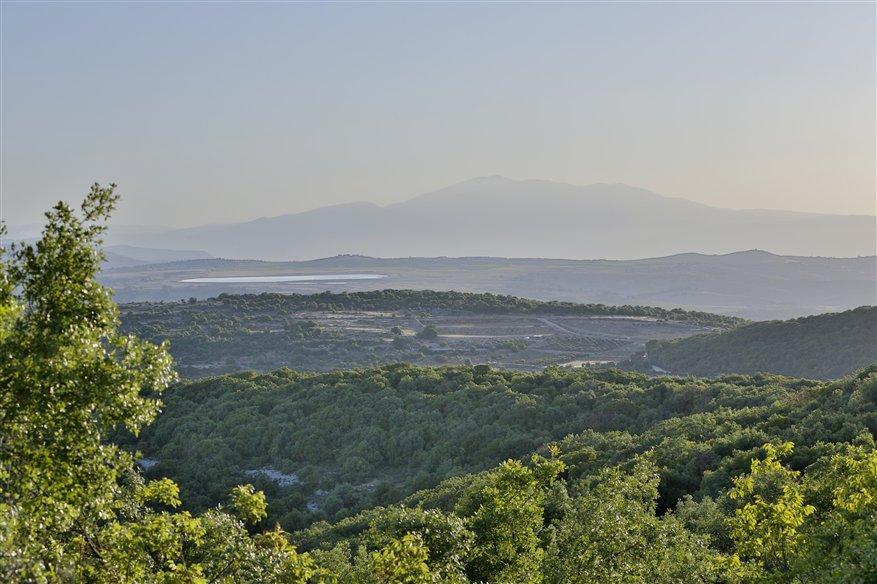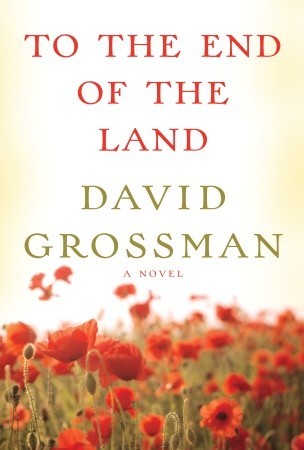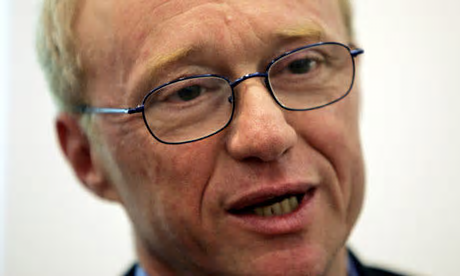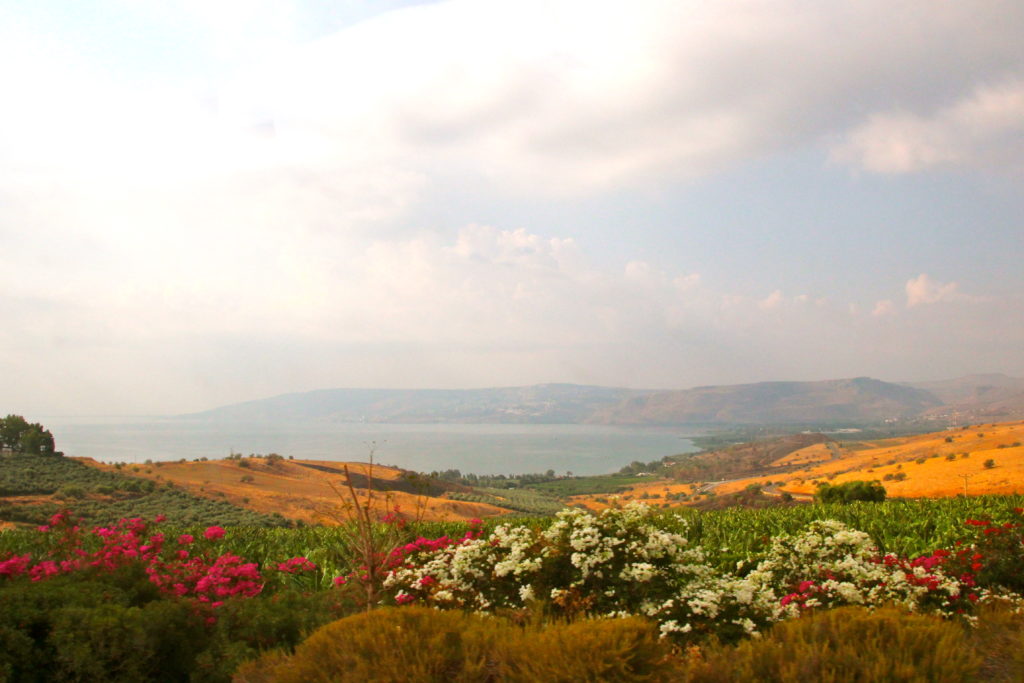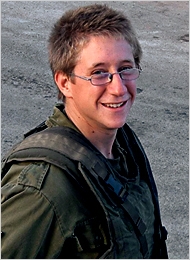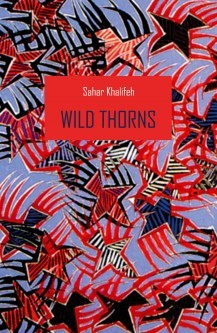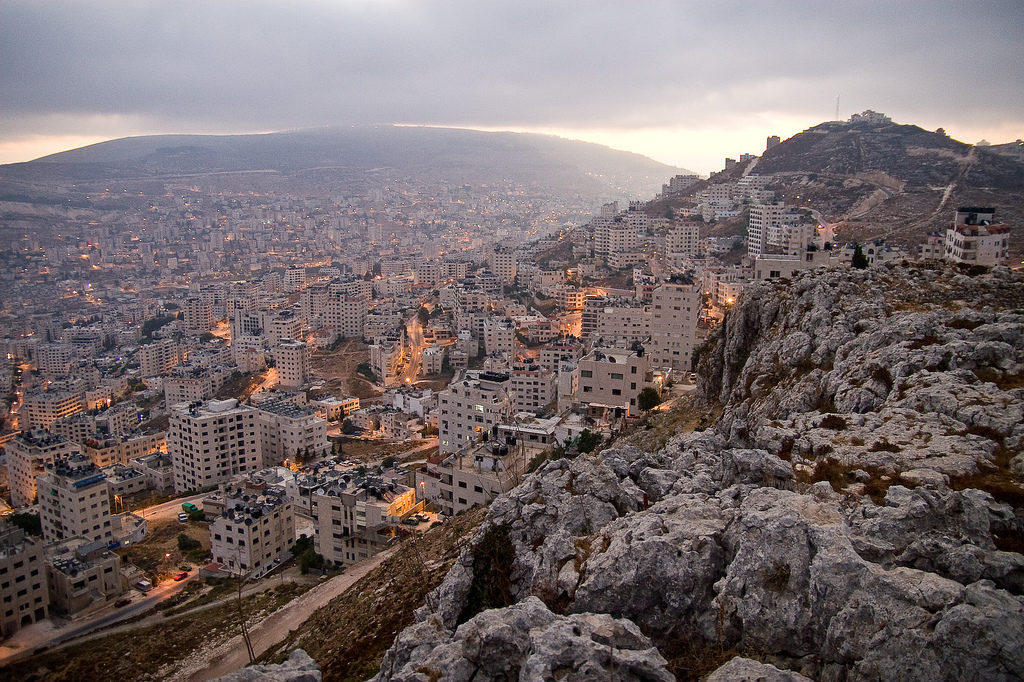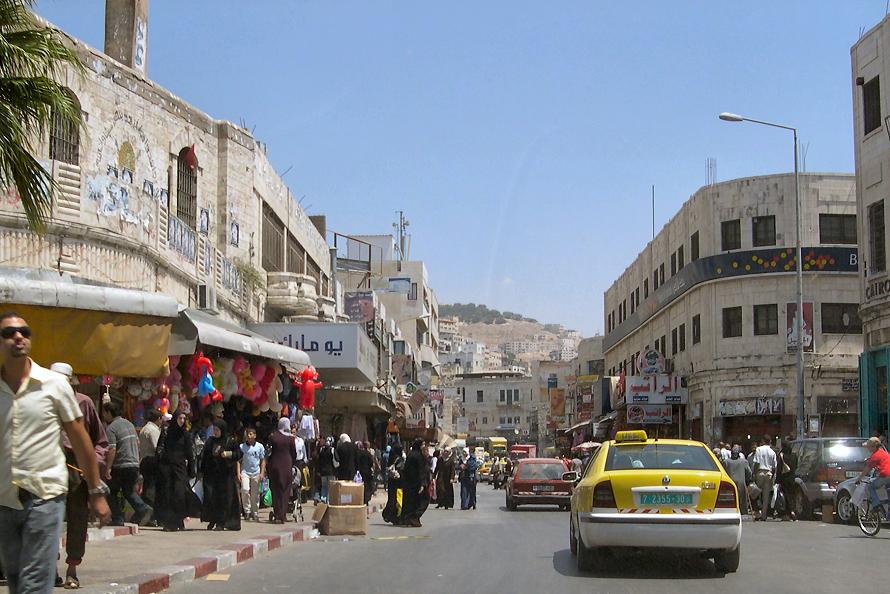Michèle and Arnaud recently made a trip to the « Holy Land », i.e. Israel and Palestine and asked me for reading suggestions. Two best-sellers are still very popular and I let you discover them in case you don’t know or have somewhat forgotten them.
For a more recent perspective, I decided to read one novel written by an Israeli and one by a Palestinian author as a way to keep a balance and observe the contrasts.
As an Israeli novel, I read « To the End of the Land » by David Grossman. It is a very powerful book which describes Ora’s trip by foot in the Galilee. She walks to avoid the possibility that the army comes to announce her the death of her son Ofer who had to serve a few extra weeks for a special mission at the end of his military service. It’s Sami, her usual taxi driver, an Arab, who brings her from Jerusalem to Tel-Aviv and then to the Northern end of the country. Her walking companion is Avram, a former lover with whom she served during the Yom Kippur War.
During their walk, they slowly evoke their common memories. She also tells him about her family: her husband Ilan who just left her and their two sons, Adam and Ofer. Ofer who told her that as a soldier, his job was to search the Arabs at the check points, so that if they were hiding bombs, he would have it explode with him rather than in the midst of civilians in the city.
This book reminds us of the weight carried by the Israeli society in which since decades all children, boys and girls, do several years of military service in actual war situations. As Ora said: « I always think: This is my country, and I really don’t have anywhere else to go. Where would I go? Tell me, where else could I get so annoyed about everything, and who would want me anyway? But at the same time, I also know that it doesn’t really have a chance, this country. It just doesn’t. Do you understand? ».
The book is even more moving when we know that, as he was writing the last pages of the novel, David Grossman lost his son Uri in the explosion of an anti-tank rocket during his military service.
On the Palestinian side, I read « Wild Thorns » by Sahar Khalifeh. The young Usama (the book was published in Arabic in 1976, in tempore non suspecto), comes back from the Gulf countries to his native town in the West Bank near Nablus. For this he needs to go through the humiliation of the Israeli check-points. He comes back to take part in the underground fight for Palestine’s Liberation. But he doesn’t recognize the occupied city. His old uncle might still pretend to be the intellectual conscience of the Palestinian cause, but Adil, his son and Usama’s cousin, unbeknownst to his father, has stopped exploiting the family domain in order to go work for an Israeli factory that pays better.
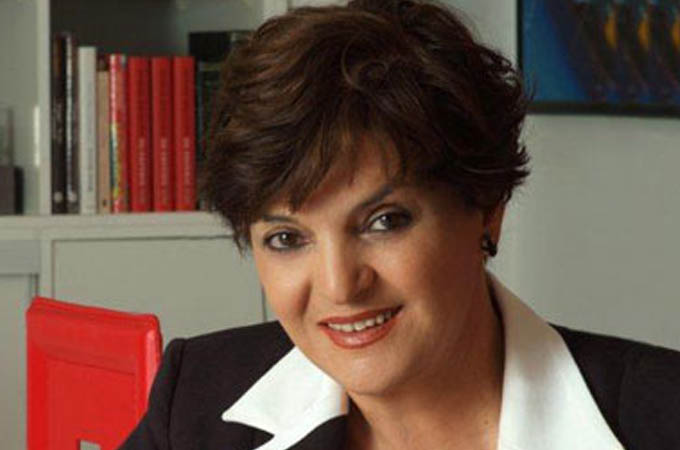 Usama is probably in love with his cousin Nuwar, who in turn admires a jailed freedom fighter, but nevertheless seems ready to accept a marriage arranged by her family. But Usama ends up joining the armed fight, even if this means shooting on bus driving Palestinian workers to their factory in Israel.
Usama is probably in love with his cousin Nuwar, who in turn admires a jailed freedom fighter, but nevertheless seems ready to accept a marriage arranged by her family. But Usama ends up joining the armed fight, even if this means shooting on bus driving Palestinian workers to their factory in Israel.
Sahar Khalifeh describes with subtlety the dilemmas facing the Palestinians under the Israeli Occupation. Their compatriots in exile, together with the entire Arab world are clamoring for resistance and confrontation. But they are not the ones who need to provide for their families on a daily basis. They are not the ones dealing every day with the Israeli occupiers: the soldiers patrolling the streets, the bosses and colleagues in the factory. Some are arrogant and brusque, but others end up compassionate, like in this scene in which prison guards cry when a prisoner is reunited with his son he hasn’t seen for years.
